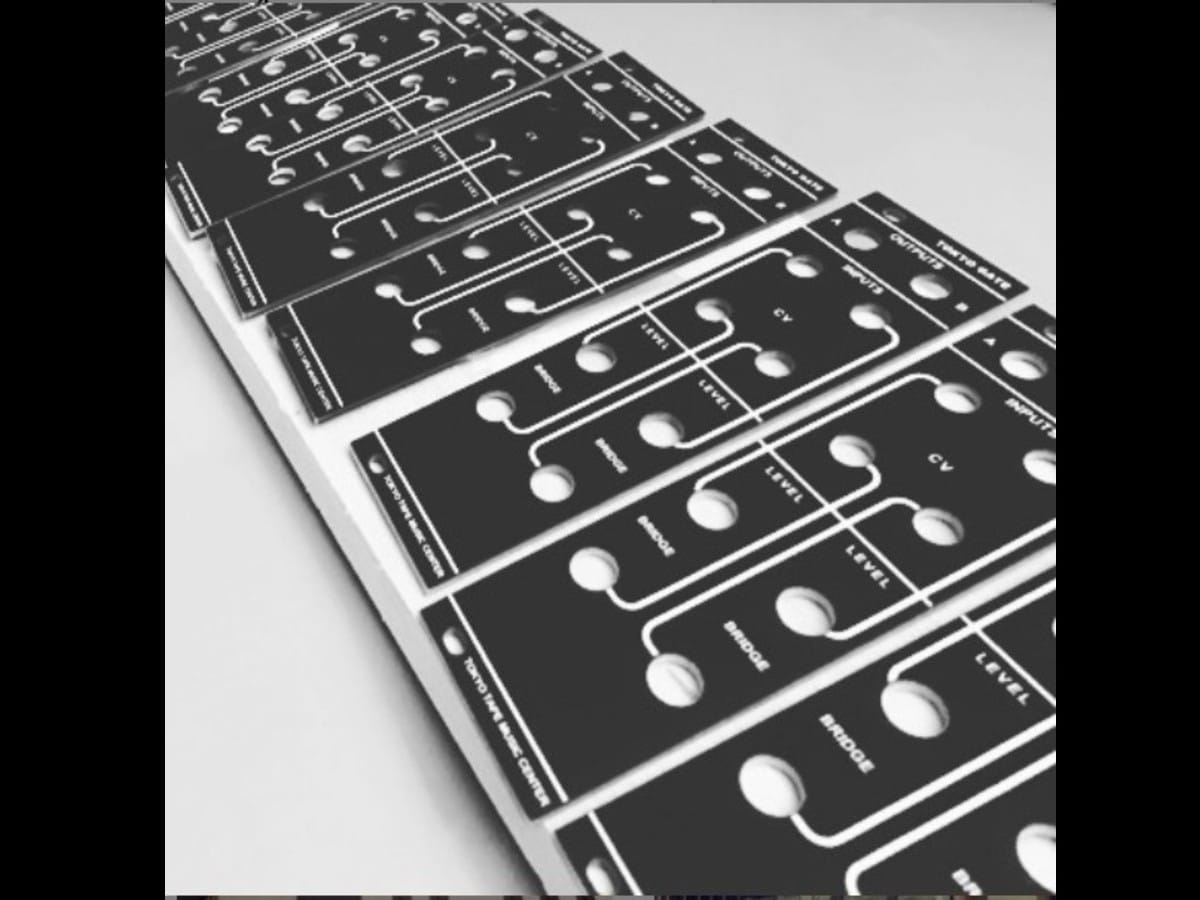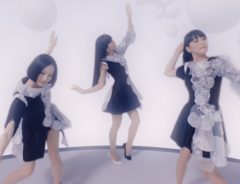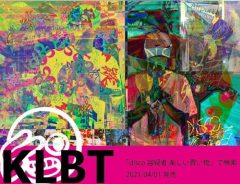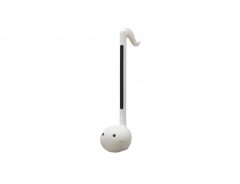
Source: KURO (IG: kuro303909) - image reproduced with permission
Goa trance electronic music K.U.R.O. is helping audiophiles rediscover Buchla synthesizers
- Tags:
- Buchla synthesizer / electronic music / Goa trance / K.U.R.O. / synthesizer / Tokyo Tape Music Center
Related Article
-

Perfume’s Bubbly New VR Music Video and App Lets You Join In The Fun In an Exciting New Way
-

Music Video For Kizuna AI and Yunomi’s “Sky High” Takes Virtual Diva To New Heights
-

Musician discoyogisya streams live VJ glitch shows as artists innovate during pandemic
-

Four killer Japanese synthesizers that will explode your ears and melt your mind
-

Operatic performance on Japanese synthesizer Otomatone wows judges on Spanish talent show


If you walk down the streets of Kobe, Japan for long enough, you're bound to come across a labyrinth of shōtengai 商店街, or shopping arcades. In the downtown area, they are nice enough, but as you wander away from the city center, foot traffic declines, shops become more eclectic, and the vibe begins to feel like some bazaar of yesteryear. Continue on your journey, and you may even find yourself peering through the half-open shutters of shops hidden under the railway tracks in Motomachi.
In this area, many Japanese men, presumably retired engineers, operate small shops that appear more like storage units than proper businesses. Many are professional tinkerers with stockpiles of dusty, outdated electronics. They harvest parts from these antiques and repair when possible, and—when all the pieces come together—they offer refurbished antique electronics at reasonable prices.
For musicians and electronic music enthusiasts, this implies riches. Look hard enough, and you are likely to find working vintage audio equipment from the heyday of Japanese manufacturing—a goldmine, to say the least.
Goa trance in Japan
This type of tinkering hints at the creative spirit of Japan, a country of superb artisanship. We've covered the craftsmanship behind the iconic culture of Kyoto. Other times we've looked at artistic genres unique to the country like kankyo ongaku.
Although I've lived in Japan for some time, I often overlook the significant trance, goa, and edm musicians based here. This is to my own detriment as independent artists like K.U.R.O. have offered several significant releases. Just take a listen to the artists’s 1995 Yugi EP released by the label Matsuri Productions:
and here:
Although released over 25 years ago, the high-energy tracks still sound fresh and hard-hitting.
Other artists also noticed. K.U.R.O. recently announced on his Instagram page remixes of his work by Roy Sason and Jun Jikooha:
Here are the remixes:
Buchla modules re-imagined
K.U.R.O. also has his fingers on the other side of the music equation. The artisan runs the Tokyo Tape Music Center website while building avant-garde synthesizers. The online shop offers unique modules for modular Eurorack synthesizers.
Its in-demand products are inspired by the quirky sound design and engineering of Don Buchla, creator of the namesake synthesizer company. Indeed, several modules offer an updated take on the associated “West Coast” style of synthesis:
Altered to operate at 12 V, they are also more conveniently integrated into popular modular synthesizer setups. As such, Tokyo Tape Music Center’s unique product lineup seems to have garnished an international fanbase. Here is a review of their sawtooth generator model 158 card, which seamlessly incorporates into the classic music easel by Buchla.
The depth of Tokyo Tape Music Center's catalog adds a striking range of sonic capabilities to original Buchla synths and the more modernly convenient Eurorack systems. Check the website for more info and products.